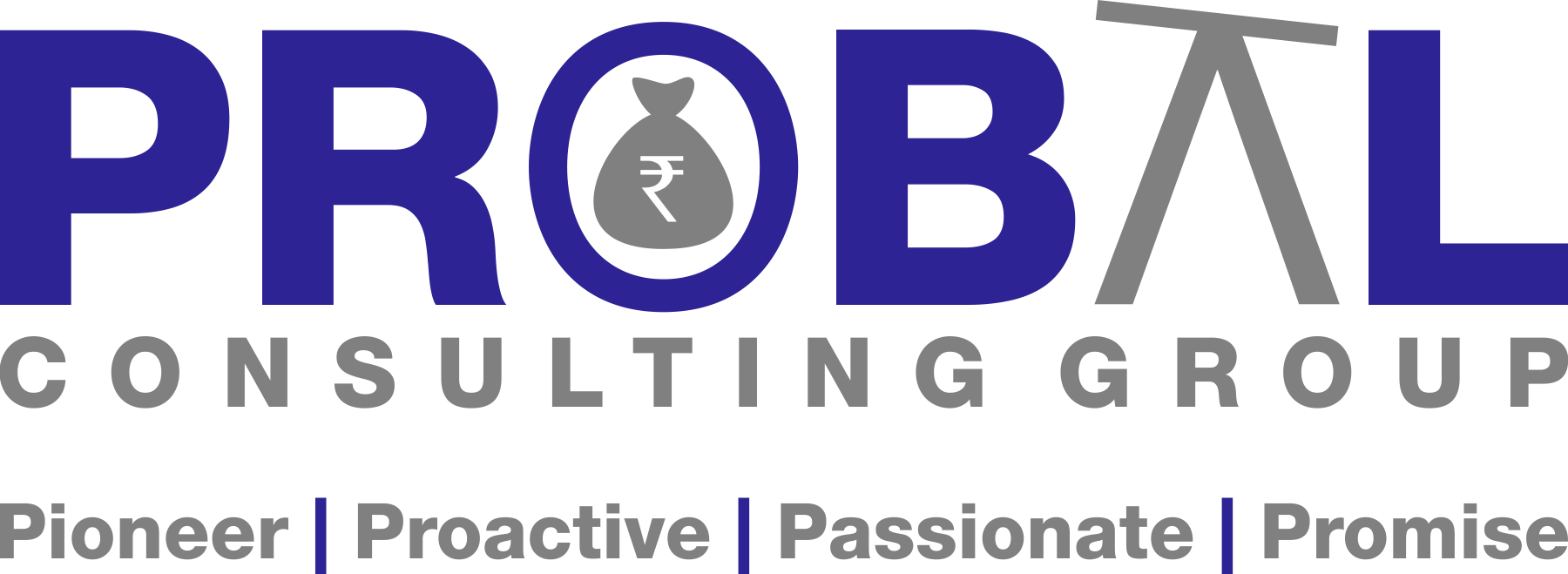

OPC (One Person Company) is the latest addition in the Indian legal structure. This structure is a primary choice for the businesses that are in the early stage and entrepreneurs. You can read about it in detail here.
Many people get confused between Sole Proprietorship and OPC as a single person manages both. But barring this similarity, there are considerable differences between these two structures. In this piece of information, I will be explaining the difference between these two structures.
List of the critical differences between OPC and Sole Proprietorship
| Feature | Proprietorship | OPC |
| Registration | In a proprietorship, no prior registration is required. | For OPC, you will have to register it under Company’s Act 2013 before you start the business. |
| Liability | In case of any loss or any similar situation, the owner has unlimited liabilities. To pay off any unpaid debt, the assets of the owner will be utilized. | In case of any loss suffered by the business, the owner has limited liabilities. |
| Taxes | As the income of the Company is treated as the income of the owner, the taxes are levied as per the norms of personal income. | The taxes are levied as per the norms and rules of taxation for Private Limited Company. |
| Succession | There is no mandatory provision for Succession. But, Succession can be done through the will of a sole proprietor or the last testament. | A designated Nominee (Indian by Birth) appointed by the Member will be responsible for handling the OPC in case of death of the Member or if he/she is unable to discharge his/her duty |
| Conversion into Private Limited Company | A sole proprietorship has a lot of compliances if you want to convert it into a Private Limited Company. | OPC is automatically converted to a Private limited firm if the paid-up share capital reaches INR 50 lakh and the avg. Turnover is more than INR 2 crore for three consecutive years. |
| Ownership | As per the law, the owner of a Proprietorship firm can only be an Indian. | Foreign ownership is allowed. But a foreigner can hold just one position, either a director or a nominee. He/she cannot hold both positions. |
| Transferability | There is no option for the Transfer of the ownership of Proprietorship Business. | The ownership of OPC can be transferred to a single person who is appointed as the nominee by the Member. |
| Compliance | A Proprietorship firm has to maintain compliance with the existing Income Tax laws as the income of such a firm is treated as the personal income of the owner. | OPC has to maintain compliance with the existing Income Tax Law as well as Company’s law because it is treated as a separate entity, and the owner has limited liabilities. |
Footnote
OPC is an excellent option for businesses that want recognition as a registered company, but with limited compliances and liabilities as compared to a Private Limited Company. On the contrary, Sole proprietorship is a good choice for businesses that want minimum compliance.
Ultimately, you must take into consideration your business goals and the nature of your business. Both of them have their own advantages and disadvantages. So it’s better to ponder over all these details before taking any critical business decision.
If you are still confused about what business structure you should choose, then feel free t reach us.
Our experts will help you chose what’s best for your business!
Probal Consulting Group is a leading Taxation, Accounting and Compliance firm that helps individuals, MSMEs and other businesses manage their accounting, taxation regulatory compliance affordably.


